Stunned Christians suspect bias in case of politician’s role in Orissa violence.
NEW DELHI, July 30 (CDN) — Less than a month after Orissa state legislator Manoj Pradhan was sentenced to seven years of prison for his part in anti-Christian mob violence in 2008, he was released on bail pending his appeal.
Along with fellow Hindu nationalist Prafulla Mallick, Pradhan on June 29 was convicted of causing grievous hurt and rioting in connection with the murder of a Christian, Parikhita Nayak. Justice B.P. Ray heard the petition on July 7, and the same day he granted Pradhan and Mallick bail conditional on posting bail bond of 20,000 rupees (US$430) each.
Pradhan and Mallick were released from jail on July 12 and await the outcome of an appeal to the Orissa High Court.
Attorney Bibhu Dutta Das said that ordinary people don’t get bail so easily when convicted of such crimes, and he questioned how Pradhan could be granted release just for being a legislator.
“It takes years for convictions in High Court,” Das told Compass. “We will not sit silent. We will challenge this bail order in the [New Delhi] Supreme Court very soon.”
The Christian community expressed shock that someone sentenced to seven years in prison would get bail within seven days of applying for it.
“I am very disappointed with the judiciary system,” said Nayak’s widow, Kanaka Rekha Nayak, who along with her two daughters has been forced into hiding because of threats against her. “I went through several life threats, but still I took my daughters for hearings whenever I was called by the court, risking my daughters’ lives – certainly not for this day.”
In addition to the bail, the court has issued a stay order on the 5,000 rupee (US$107) fine imposed on Pradhan and Mallick. Attorney Das told Compass the decision was biased, as the Lower Court Record was not even consulted beforehand.
“This is the normal court procedure, and it was bypassed for Pradhan,” he said. “The judgment was pre-determined.”
Dibakar Parichha of the Cuttack-Bhubaneswar Catholic Archdiocese told Compass, “Sometimes the judicial system seems mockery to me. One court convicts him, and another one grants him bail.”
The rulings are demoralizing to those who look toward the courts for justice, he said.
“There is a very powerful force behind this. It is not as simple as it looks,” Parichha said.
Dr. John Dayal, secretary general of the All India Christian Council, said he was surprised by the orders.
“While it is a legal right for anybody to get bail, it is surprising that Pradhan was wanted in so many cases, and he can coerce and influence witnesses,” Dayal said. “His petition should not have been granted.”
The two Hindu nationalists were convicted by the Phulbani Fast Track Sessions Court I Judge Sobhan Kumar Das. Pradhan, member of the state Legislative Assembly (MLA) from G. Udayagiri, Kandhamal for the Hindu nationalist Bharatiya Janata Party (BJP), filed a petition stating that his name was not mentioned in the original First Information Report filed by Kanaka Rekha Nayak, but that he was dragged into the case later.
The bail order includes a warning to Pradhan to refrain from intimidating witnesses, stating, “The petitioner shall not threaten the witnesses examined.”
Rekha Nayak, along with her daughters Lipsa Nayak (4 years old when her father was killed) and Amisha Nayak (then 2 years old) were eyewitnesses to the murder of her 31-year-old husband, a Dalit Christian from Tiangia, Budedipada, in Kandhamal district. He was murdered on Aug. 27, 2008.
Rev. Dr. Richard Howell, general secretary of the Evangelical Fellowship of India, urged the Christian community to keep hope.
“The case is still on, not that it has come to an end,” he said. “There is a move that is being made to take the case further.”
Attorney Das has said he plans to appeal Pradhan’s sentence of seven years, in hopes of increasing it to life imprisonment.
Cases
Pradhan, who denies any wrongdoing, has been charged in 14 cases related to the August-September 2008 anti-Christian attacks. In seven of the cases he has been acquitted, he was convicted of “grievous hurt” in the Nayak case, and six more are pending against him.
Of the 14 cases in which he faces charges, seven involve murder; of those murder cases, he has been acquitted in three.
Cases have been filed against Pradhan for rioting, rioting with deadly weapons, unlawful assembly, causing disappearance of evidence of offense, murder, wrongfully restraining someone, wrongful confinement, mischief by fire or explosive substance with intent to destroy houses, voluntarily causing grievous hurt and voluntarily causing grievous hurt by dangerous weapons or means.
Pradhan was also accused of setting fire to houses of people belonging to the minority Christian community.
The Times of India reported Pradhan as “one of the close disciples” of Vishwa Hindu Parishad (VHP or World Hindu Council) leader Swami Laxamananda Saraswati, whose assassination on Aug. 23, 2008, touched off the anti-Christian violence in Kandhamal and other parts of Orissa.
Rekha Nayak filed a complaint and a case was registered against Mallick and others for murder, destroying evidence, rioting and unlawful assembly. Pradhan was arrested on Oct. 16, 2008, from Berhampur, and in December 2009 he obtained bail from the Orissa High Court.
Despite his role in the attacks, Pradhan – campaigning from jail – was the only BJP candidate elected from the G. Udayagiri constituency in the 2009 Assembly elections from Kandhamal district.
In recent court actions, Fast Track Court-II Additional Sessions Judge Chittaranjan Das on July 21 acquitted nine persons who had been arrested in the Tikabali area for various offenses, including arson, due to “lack of evidence.” The main charge against them was torching of a church on Aug. 28, 2008 at Beladevi village.
At least 132 persons have been convicted in different cases related to the 2008 violence in Orissa’s Kandhamal district, state Chief Minister Naveen Patnaik said on July 19. Patnaik said that 24 members of the Hindu extremist Bajrang Dal (Youth Wing of World Hindu Council) and VHP have been arrested and jailed.
Revenue and Disaster Management minister S.N. Patro said on July 21 that the 55 Christian places of worship were damaged in Tikabali block; 44 in G. Udaygiri; 39 in Raikia; 34 in K. Nuagaon; 19 in Baliguda; 16 in Daringbadi; nine in Phulbani; six in Kotgarh; five in Tumudibandha; and one each in Phiringia and Chakapada blocks.
SIDEBAR
India Briefs: Recent Incidents of Persecution
Karnataka – Hindu extremists from the Rashtriya Swayamsevak Sangh accused a pastor in Aldur of forceful conversion on July 24 and threatened him, telling him not to preach about Jesus. The All India Christian Council reported that the extremists filed a police complaint against Pastor Anand Kumar of forceful conversion. Both police and extremists ordered Pastor Kumar to remove the cross and name plate of the church. At press time area Christians were taking steps to resolve the issue.
Jammu and Kashmir – The state’s Foreigners Registration Officer reportedly issued a notice to a senior Christian worker to leave India by July 20 after a false complaint of forceful conversion was filed against him. The Global Council of Indian Christians reported that the state succumbed to pressure by Muslim extremists to deport Father Jim Borst, who has run Good Shepherd School in the Kashmir Valley since 1963. The school has been attacked on two occasions by members of other schools who felt they were unable to compete with it. For eight years these groups have led a campaign against Borst, claiming he was forcibly converting people under the guise of providing education. Borst, who denies the charge, has a valid visa till 2014. The interior minister reportedly said he had no knowledge of the deportation order, and Borst’s superiors indicated he would not leave.
Madhya Pradesh – Hindutva (Hindu nationalist) extremists on July 18 disrupted Christian worship in Barwaha, near Indore. The Global Council of Indian Christians reported that Pastor Subash Chouhan of the Indian Evangelical Team was leading Sunday worship when the extremists stormed in on the terrified Christians. They accused Pastor Chouhan of forceful conversion, photographed the congregation and told the pastor to close his tailoring school, which includes non-Christian students. This is the second time Pastor Chouhan has been arrested on false charges of forceful conversion; previously he was jailed for three days. The case was pending at press time.
Punjab – Police arrested Christians on July 10 after Hindu nationalists beat them, falsely accusing them of forcible conversion in Gurdaspur. Members of the Indian Pentecostal Church of God (IPCG) Western Region were visiting houses in the area on a social outreach mission when a group of extremists began to argue with them and then started beating four of them with their fists and shoes. Later they handed the Christians over to police, along with three more Christian men and five Christian women, complaining that they were converting people from the Hindu religion. Pastor Promod Samuel, along with the IPCG head A.M. Samuel, rushed to the Gurdaspur City police station to help the Christians, but officers detained them as well. Samuel told Compass that the president of the Hindu extremist groups Shiva Sena and Bajrang Dal, as well as many other Hindu nationalist leaders, gathered at the police station clamoring for officers to file charges against the 14 Christians. Hearing of the arrests, Christian leaders of Gurdaspur requested their release. The Christians were not released until Samuel signed an agreement assuring that Christians would not enter any non-Christian home. “The extremists are continuously following us around, to keep a check on us.” Samuel said.
Andhra Pradesh – Hindu extremists toppled a church building and attacked Christians on July 6 in Parawada, Visakhapatnam. The All India Christian Council (AICC) reported that local Hindu extremists were jealous and angry that a church stood at the entrance of the village and urged the Christians to move. The extremists threatened to attack the Christian community, claiming that they would allow no church in the area. When the church pastor refused to give in to their demand, they began damaging his household goods and pulled down the church building. The extremists also stopped the Christians from drawing water from a well. AICC was taking steps to resolve the matter at press time.
Madhya Pradesh – Police on July 4 arrested and charged two Christians under the state’s controversial “anti-conversion” law at Jawahar Nadar, Adharthal. According to the Global Council of Indian Christians (GCIC), a member of the Apostolic Christian Assembly, Shravan Kuman Dubey, invited Vishal Lal to lead a prayer service for his 6-year-old son Ravi’s birthday. Around 7:30 p.m., during prayer, a mob of nearly 75 Hindu nationalist extremists accompanied by police entered the house and falsely accused those present of forced conversion, taking 14 Christians to the Adhartal police station. After nearly four hours, police charged Shravan Kumar and Vishal Lal with forcible conversion and sent the others home. With GCIC intervention, both were released on bail the next day.
Madhya Pradesh – Hindu extremists belonging to the Dharma Raksha Samithi (Religion Protection Council) on June 28 stopped a Christian school bus and questioned young elementary students in Indore. The Global Council of Indian Christians reported that the bus was carrying Christian students from Orissa to their school in Indore. The extremists ordered the young students to get out of the bus and asked them whether forceful conversion was taking place, frightening the schoolchildren as police remained mere spectators. After threatening to harm the Christians if they carried out any Christian activities, they let them go. Area Christian leaders condemned the incident as a sign of Hindu extremists’ “reign of terror” in the state and demanded an investigation.
Karnataka – On June 13 in Anekal, Bangalore, Hindu extremists from the Rashtriya Swayamsevak Sangh beat a pastor whom they accused of forceful conversion. The Evangelical Fellowship of India reported that, in an apparently premeditated attack, an unidentified extremist telephoned Pastor Sam Joseph to come and pray for a sick person. The pastor agreed, only to be taken to a gathering of Hindu extremists with media people. The extremists accused the pastor of forceful conversion, beat him up and dragged him to Hebbagudi police station. Police released the pastor without charges after forcing him to agree that he would no longer lead Christian meetings.
Himachal Pradesh – State officials on June 5 sealed a Mission India building, claiming that it belongs to “outsiders,” in Bari, Mandi district. The Evangelical Fellowship of India’s (EFI) advocacy desk reported that the government closed the building, which functioned as a Bible study center and orphanage, claiming that no land in the area could be owned by non-native people. Pastor Sam Abraham told Compass that Mission India purchased the plot in 2005, constructed a building in 2007 and began using it as a Bible study center and orphanage in 2008. In July 2008, Hindu extremists filed a complaint against Mission India of forceful conversion and demanded the building be shut down. The extremists have since accused the Christians of forceful conversion, verbally abused them for their faith and threatened to kill them if they did not leave. Mission India officials asserted that the land legally belongs to them and that they have all necessary documents. At press time the Christians were looking for a place to rent that would accommodate at least 10 orphans.
Report from Compass Direct News
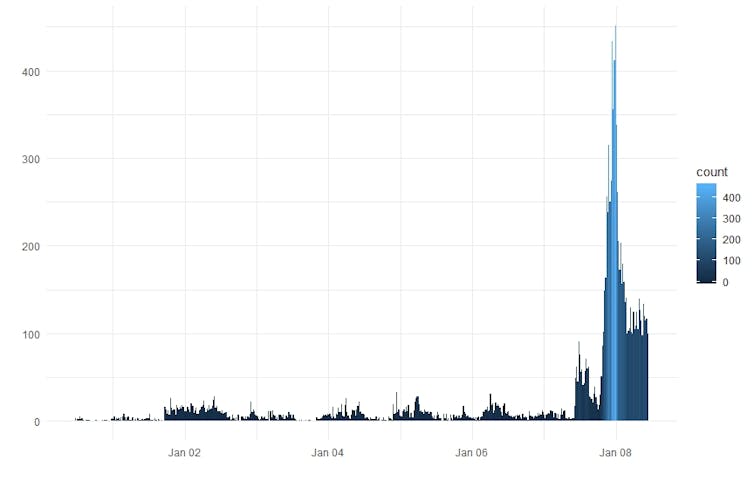
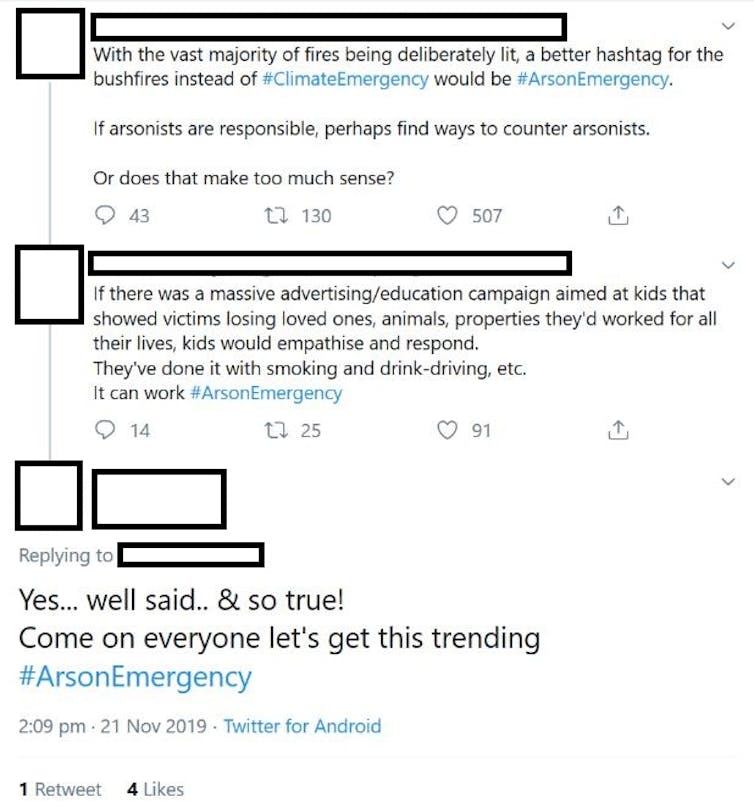

![]()

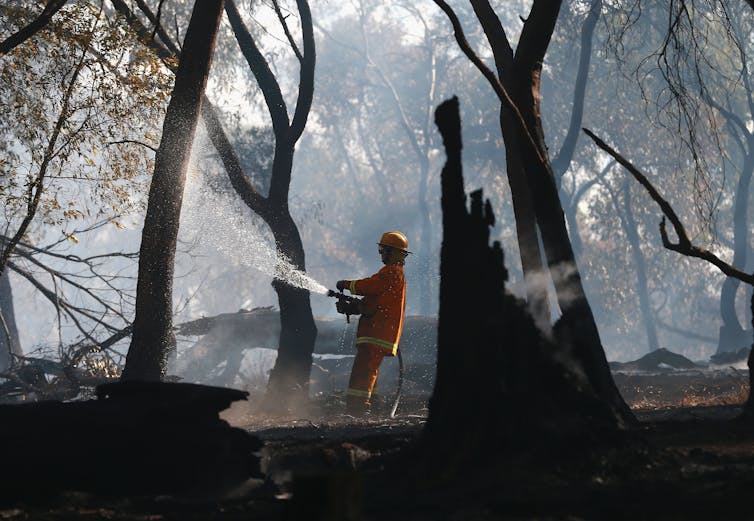
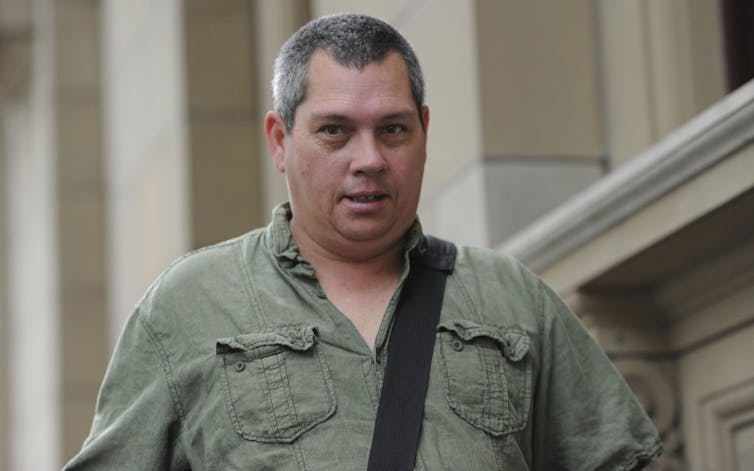
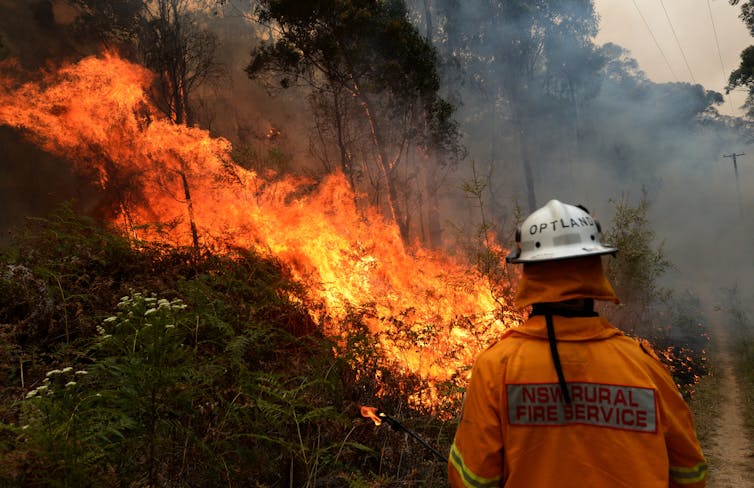
You must be logged in to post a comment.